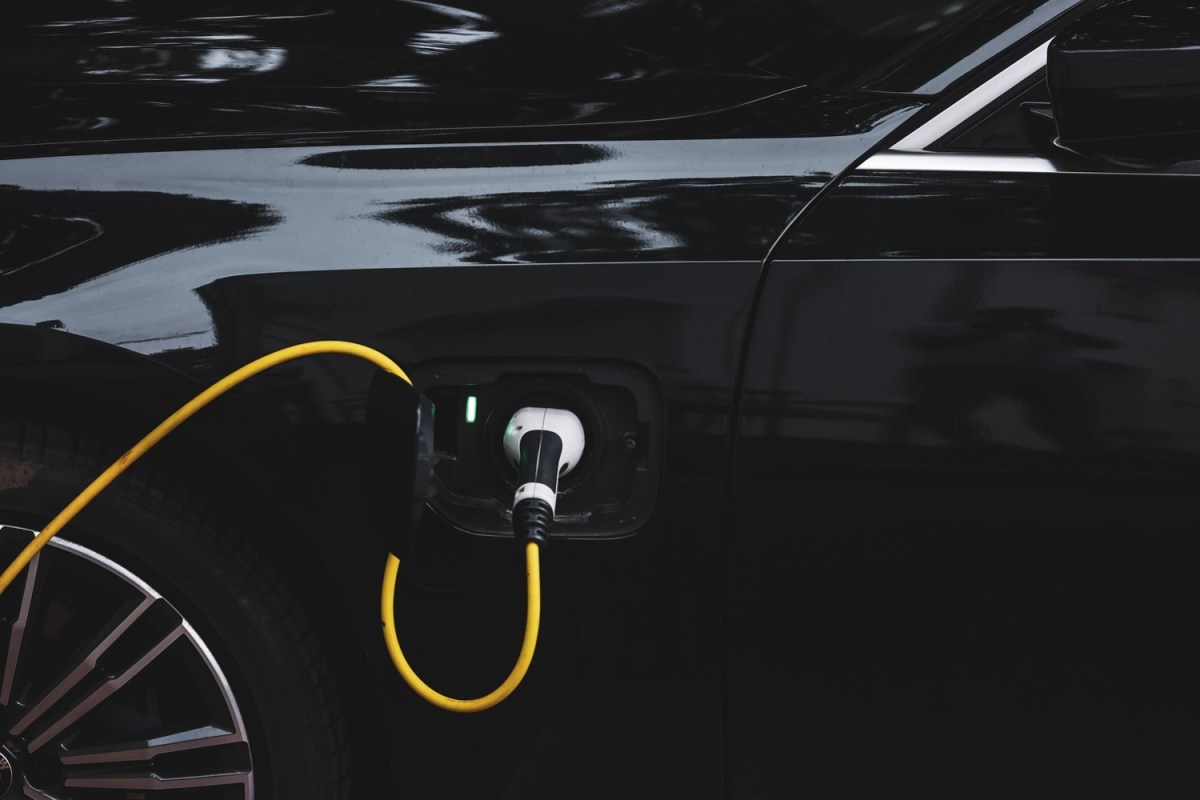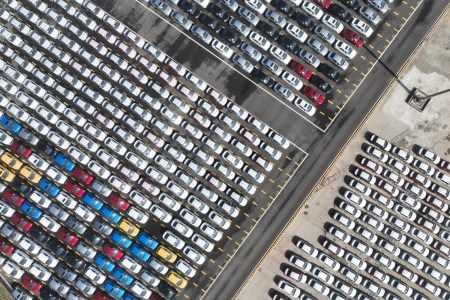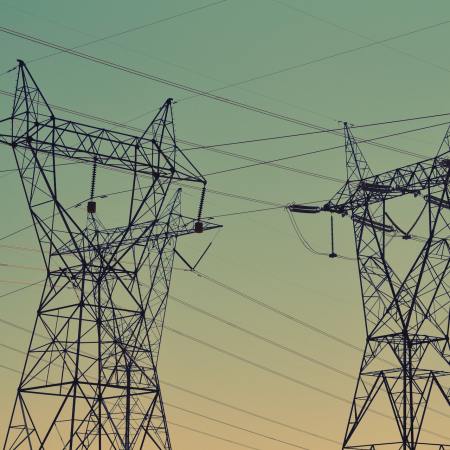Last year, GM announced that it would roll out bidirectional charging to its Ultium platform EVs by 2026. GM’s vehicles aren’t the only ones to offer this feature: as CNET reported last year, the Nissan Leaf and Ford F-150 Lightning can also serve as power sources. That said, as the same article pointed out, there are different types of bidirectional charging: vehicle to home (V2H), vehicle to load (V2L) and vehicle to grid (V2G).
What you can do with each of these is very different. V2L charging could be useful on a camping trip, while V2H means that an EV could serve as a backup power generator. It’s V2G that offers the most promise — in the sense that returning excess power to a municipal grid could be somewhat lucrative for EV owners. And, as it turns out, automakers could benefit as well.
That’s one of the big takeaways from a recent Reuters article looking at the growth of bidirectional charging. But there are also benefits for those who have taken part in V2G operations. The article cites London resident Shilpen Patel, who has been part of a program established by Octopus Energy in the U.K. “The savings have been pretty remarkable,” Patel told Reuters.
There are two big hurdles for widespread use of V2G. One has to do with regulations around power — Reuters noted that Germany’s laws governing utilities could be difficult to work around. The other is the cost of chargers that can send power back to the grid, which are generally more expensive than other models.
China’s EV Boom Has Increased Demand for Cargo Ships
The nation is expected to more than double the size of its fleetAmong the effects of this potential source of energy might be a new class of businesses, one that acts as a bridge between utilities and automakers. As Reuters’ article points out, there are certain issues to be wary of — for instance, charging EVs during times when the electrical grid is less strained makes sense. If a significant number of EVs are charging at the same time to avoid putting too much strain on the grid, that could have the effect of, well, putting too much strain on the grid.
It remains to be seen what the financial incentives might be to embrace V2G charging — or whether the economics of it can work on a large scale. Still, a large number of automakers are making big strides towards that moment, which could transform power on scales local and regional.
This article was featured in the InsideHook newsletter. Sign up now.



















